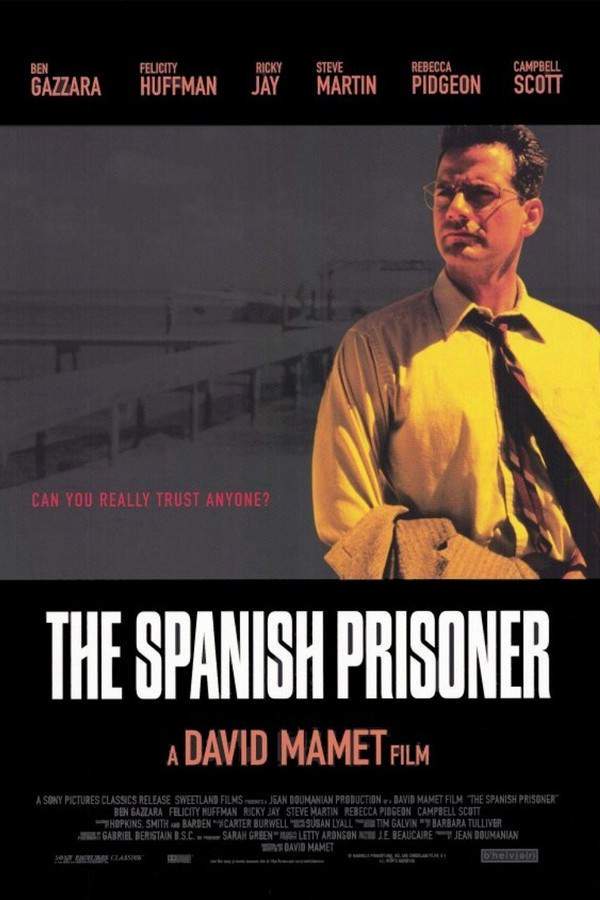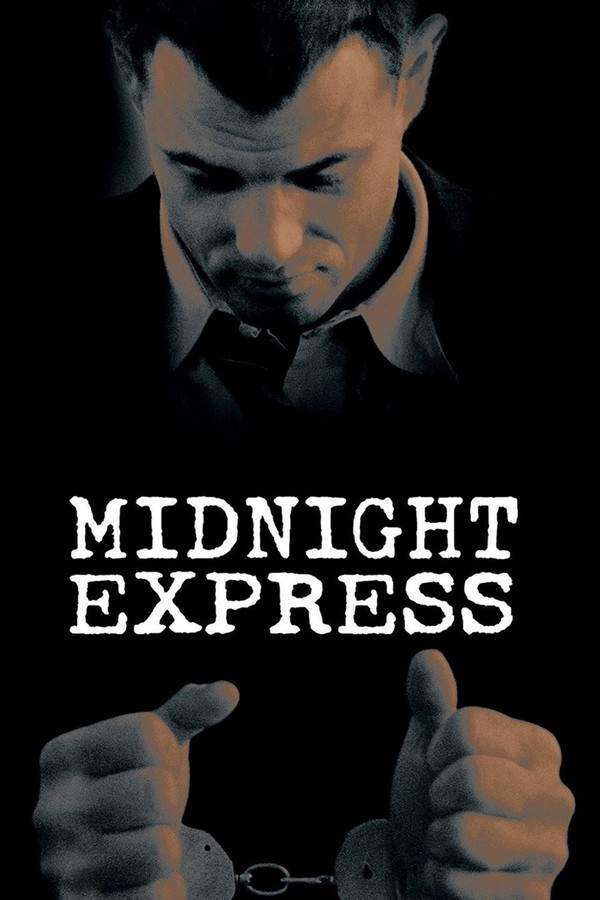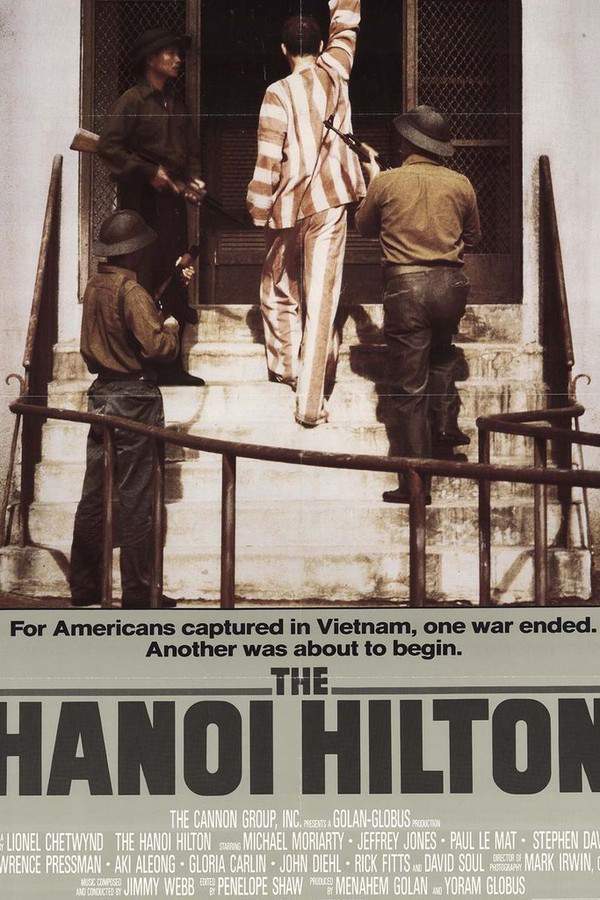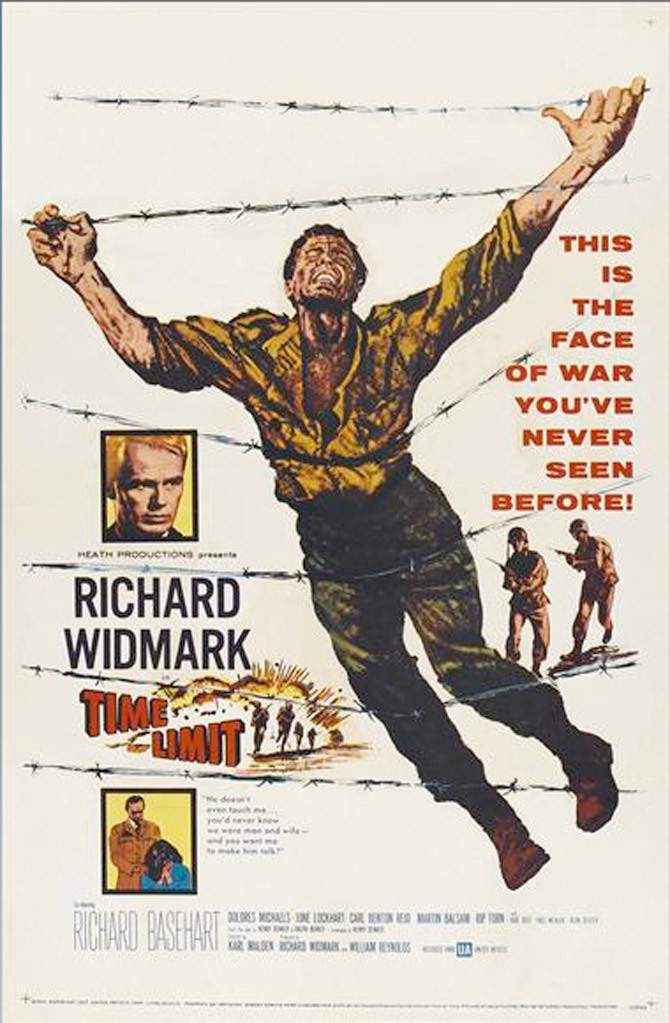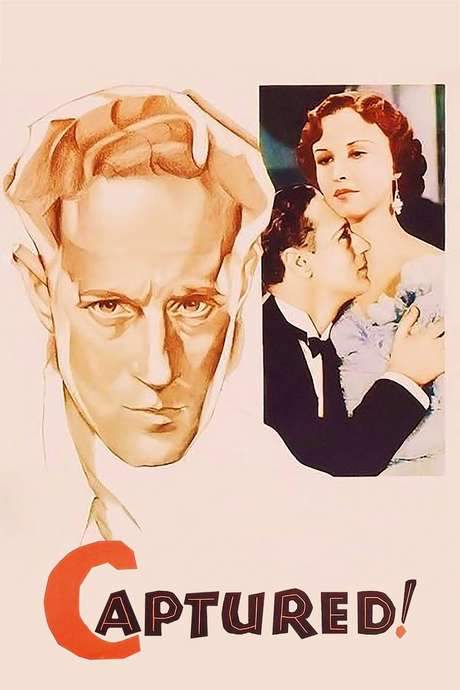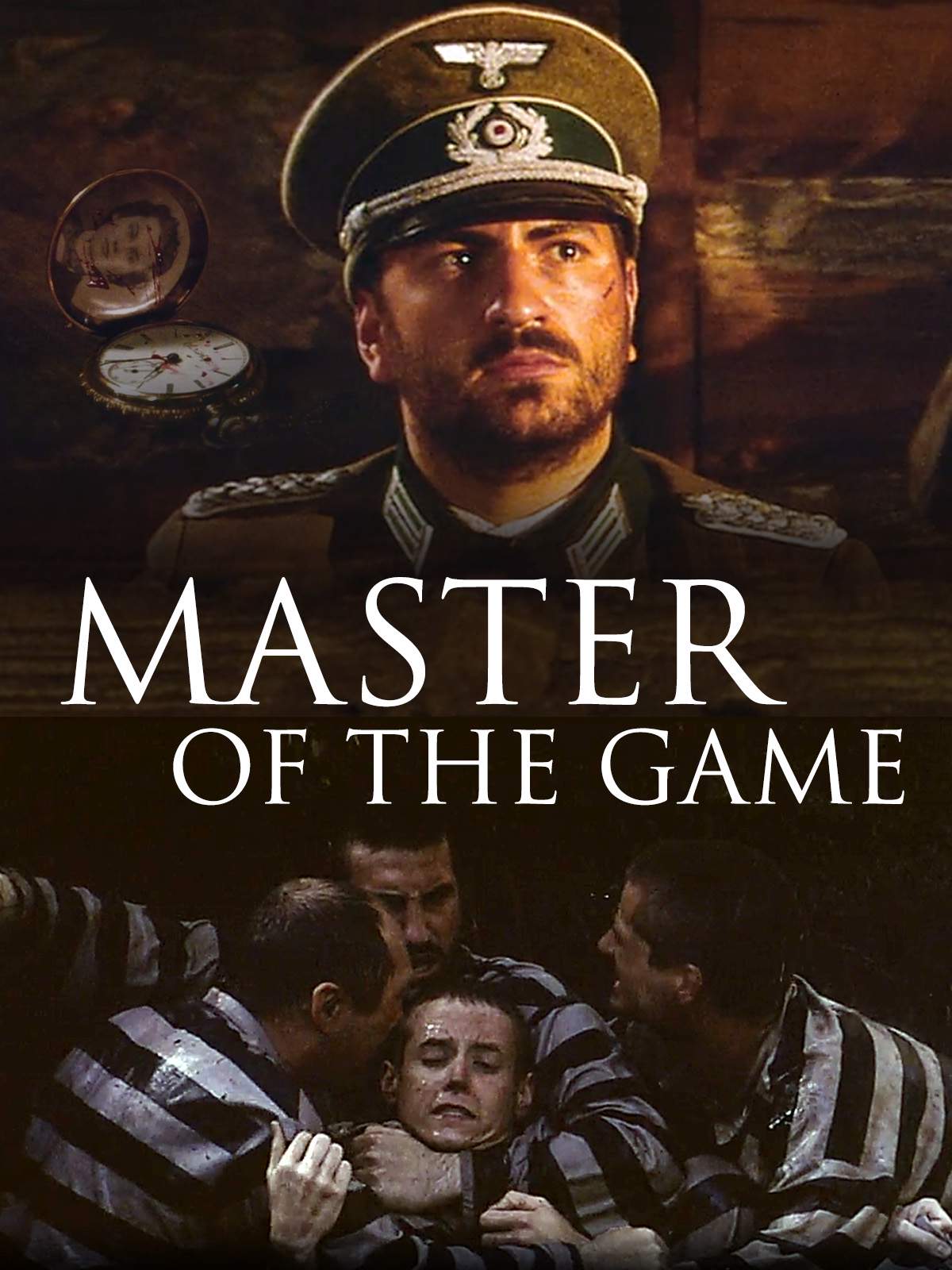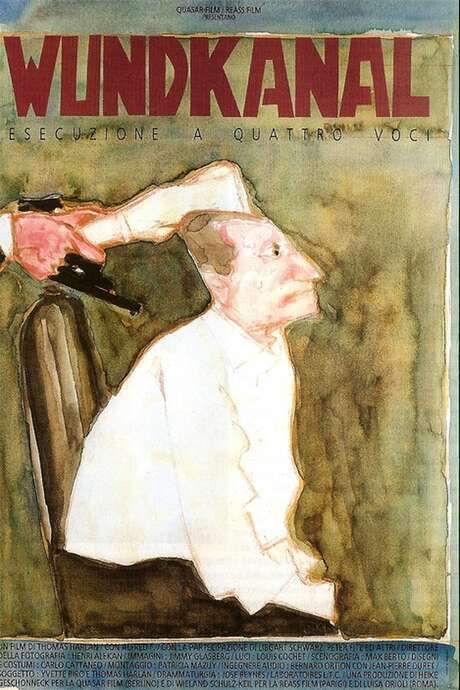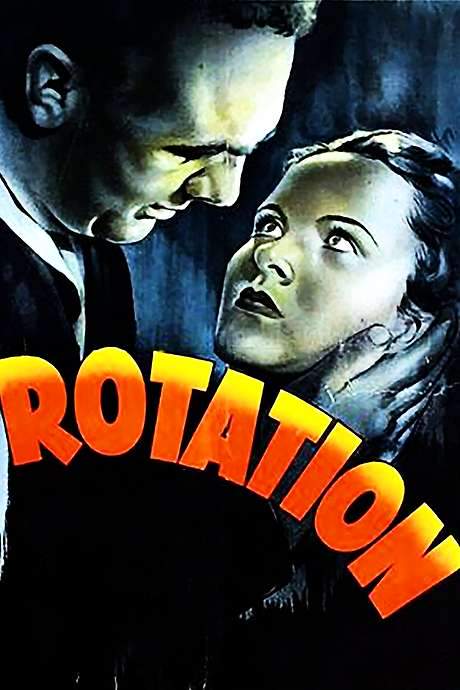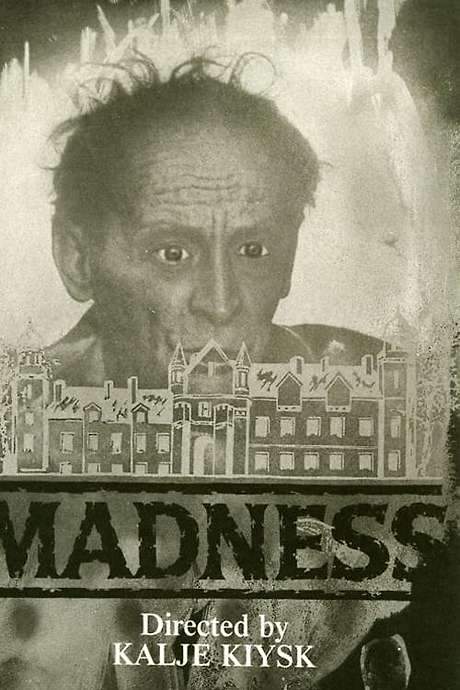
Brainwashed
Year: 1960
Runtime: 102 mins
Language: German
Director: Gerd Oswald
After being seized by the Nazis in 1938, Austrian intellectual Werner von Basil is subjected to brutal interrogation aimed at forcing a confession to smuggling charges. Deprived of any mental stimulation, he turns to an old chess tactics book, the sole refuge that keeps his mind sharp and his spirit resilient.
Warning: spoilers below!
Haven’t seen Brainwashed yet? This summary contains major spoilers. Bookmark the page, watch the movie, and come back for the full breakdown. If you're ready, scroll on and relive the story!
Brainwashed (1960) – Full Plot Summary & Ending Explained
Read the complete plot breakdown of Brainwashed (1960), including all key story events, major twists, and the ending explained in detail. Discover what really happened—and what it all means.
On a voyage to a major chess tournament, the world chess champion Centowic, Mario Adorf, hopes for a safe crossing, but the departure is unsettled by the belated arrival of an anxious passenger and the quiet presence of Bishop Ambrosse, Hansjörg Felmy standing nearby.
During the voyage, the passengers press Centowic to play a match, and he reluctantly agrees. His opponents appear poised to lose until the mysterious traveler — who claims to have just handled his first chess piece at any important tournament — intervenes and helps them salvage a draw. Centowic is astonished by the stranger, who says he has never before attended such a high-level contest.
The man turns out to be Werner von Basil, Curd Jürgens, an Austrian lawyer. With Bishop Ambrosse, he has concealed art treasures abroad to shield them from the Nazis who have just occupied Austria. At a party hosted by von Basil, Gestapo officer Hans Berger, Hansjörg Felmy, uses his girlfriend Irene Andreny to attempt to coax the hiding place’s location from von Basil. When she fails, Berger arrests von Basil that very evening and has him confined in solitary confinement, stripping him of nearly everything but the company of the guard who brings meals.
In confinement, Berger is pressured not only by Irene, who feels neglected, but also by his superior Hartmann, Albert Lieven, who wants the secret kept quiet. Von Basil pretends to cooperate, yet quietly resists, and even manages to pocket a book during a moment of questioning. Back in his room, he discovers the book is about chess matches, and with scarce resources he re-creates those matches using pieces of bread as makeshift chessmen. Even after Berger confiscates the volume, von Basil continues to play chess in his mind, rehearsing moves and possibilities as a way to endure.
Seeking help, von Basil turns to Bishop Ambrosse, hoping for mercy or leverage. Irene Claire Bloom pleads for von Basil’s release, but Berger dismisses her entreaties, and von Basil’s spirit frays under the rigors of isolation. Hartmann presses his own campaign to break the prisoner’s will, determined to expose or erase the truth von Basil guards about the art treasures.
As the narrative within the ship deepens, von Basil begins another tense chess encounter with Centowic, using the game as a vehicle to probe how much information he may have divulged during his solitary ordeal. The situation becomes emotionally charged when Irene returns to the scene and offers assurance that von Basil revealed none of his secrets. Her presence also marks a turning point: she survives the harassment from Berger and, in the eyes of the authorities, becomes a safer focal point for the human story behind the political danger.
In the end, the on-board confrontation mirrors the hidden conflict of the past: von Basil’s nerve and resourcefulness under pressure, the protective instinct of Irene, and the shifting power dynamics of Berger and Hartmann. The ship’s passengers witness a breakthrough of trust as von Basil and Irene’s bond deepens, showing that resilience and affection can endure even in the face of coercion and threat. The drama resolves not with a sensational revelation but with a quiet, steadfast affirmation: von Basil’s secrets remain protected, Irene’s courage remains intact, and the strange, puzzle-laden journey toward the tournament is tempered by a newfound trust that carries them toward a more hopeful horizon.
Last Updated: October 09, 2025 at 14:05
Explore Movie Threads
Discover curated groups of movies connected by mood, themes, and story style. Browse collections built around emotion, atmosphere, and narrative focus to easily find films that match what you feel like watching right now.
Intellectual Prisoner of War movies like Brainwashed
Stories where a captive mind becomes the ultimate weapon against oppression.If you liked Brainwashed, explore other films where characters use their intellect as a shield against captivity. These movies feature protagonists in oppressive situations, from prisons to occupied territories, who rely on mental fortitude, strategy, and symbolic acts of defiance to endure.
Narrative Summary
The narrative follows a character whose identity is built on intellect, suddenly stripped of physical freedom. The core conflict is psychological, focusing on their internal struggle to maintain sanity and identity through mental exercises, symbolic resistance, or intricate mind games with their captors.
Why These Movies?
Movies in this thread share a focus on psychological survival over physical action. They explore themes of resilience, the power of the mind, and the subtle forms of rebellion available to those who are physically powerless but mentally unbroken.
Claustrophobic psychological survival dramas like Brainwashed
Tense stories of isolation where the mind is both the prison and the key.For viewers who appreciated the tense, isolating atmosphere of Brainwashed, this section features movies with a similar claustrophobic feel. These stories often involve solitary confinement, trapped situations, or intense psychological pressure, creating a gripping experience of mental endurance.
Narrative Summary
The plot unfolds primarily within a single, oppressive location. The narrative thrust comes from the protagonist's deteriorating mental state and their resourceful attempts to find psychological escape mechanisms, turning their inner world into a battleground.
Why These Movies?
These films are united by their oppressive atmosphere and their focus on a character's internal psychological struggle for survival. They create suspense not through action, but through the slow, steady pressure applied to a trapped individual's mind.
Unlock the Full Story of Brainwashed
Don't stop at just watching — explore Brainwashed in full detail. From the complete plot summary and scene-by-scene timeline to character breakdowns, thematic analysis, and a deep dive into the ending — every page helps you truly understand what Brainwashed is all about. Plus, discover what's next after the movie.
Brainwashed Timeline
Track the full timeline of Brainwashed with every major event arranged chronologically. Perfect for decoding non-linear storytelling, flashbacks, or parallel narratives with a clear scene-by-scene breakdown.

Characters, Settings & Themes in Brainwashed
Discover the characters, locations, and core themes that shape Brainwashed. Get insights into symbolic elements, setting significance, and deeper narrative meaning — ideal for thematic analysis and movie breakdowns.

Brainwashed Spoiler-Free Summary
Get a quick, spoiler-free overview of Brainwashed that covers the main plot points and key details without revealing any major twists or spoilers. Perfect for those who want to know what to expect before diving in.

More About Brainwashed
Visit What's After the Movie to explore more about Brainwashed: box office results, cast and crew info, production details, post-credit scenes, and external links — all in one place for movie fans and researchers.

Similar Movies to Brainwashed
Discover movies like Brainwashed that share similar genres, themes, and storytelling elements. Whether you’re drawn to the atmosphere, character arcs, or plot structure, these curated recommendations will help you explore more films you’ll love.
Explore More About Movie Brainwashed
Brainwashed (1960) Scene-by-Scene Movie Timeline
Brainwashed (1960) Movie Characters, Themes & Settings
Brainwashed (1960) Spoiler-Free Summary & Key Flow
Movies Like Brainwashed – Similar Titles You’ll Enjoy
Heartbeat Detector (2008) Full Movie Breakdown
Master of the Game (2004) Full Movie Breakdown
Brainwash (1981) Story Summary & Characters
Wundkanal (1984) Ending Explained & Film Insights
Rotation (1949) Plot Summary & Ending Explained
The Mind Benders (1963) Story Summary & Characters
I Escaped from the Gestapo (1943) Full Summary & Key Details
Nazi Agent (1942) Plot Summary & Ending Explained
The Strange Death of Adolf Hitler (1943) Detailed Story Recap
The Captive Heart (1946) Ending Explained & Film Insights
Address Unknown (1944) Full Summary & Key Details
Confessions of a Nazi Spy (1939) Full Summary & Key Details
Madness (1969) Film Overview & Timeline
They Saved Hitler’s Brain (1968) Ending Explained & Film Insights
Night Train to Munich (1940) Ending Explained & Film Insights


